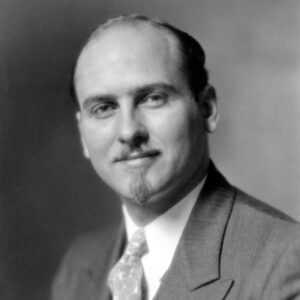 Kenneth O. Warner
Kenneth O. Warner
Time Period: Early Twentieth Century (1901 - 1940) - Starting with W
 Kenneth O. Warner
Kenneth O. Warner
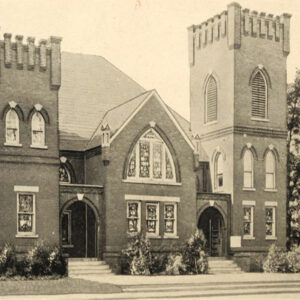 Warren Church
Warren Church
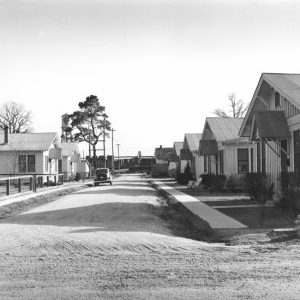 Warren Mill Worker Housing
Warren Mill Worker Housing
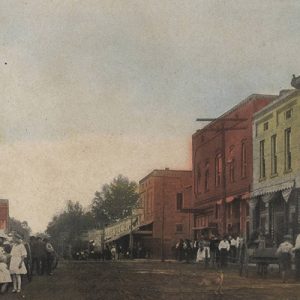 Warren Street Scene
Warren Street Scene
Warren, Will (Lynching of)
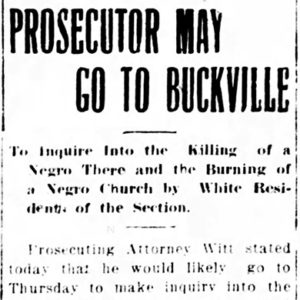 Warren Lynching Article
Warren Lynching Article
Washington County Courthouse
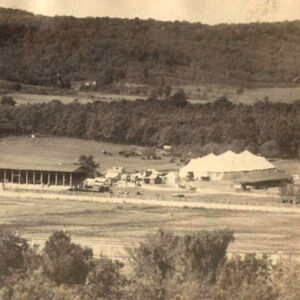 Washington County Fairgrounds
Washington County Fairgrounds
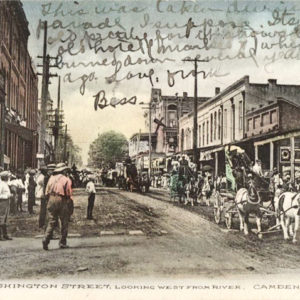 Washington Street
Washington Street
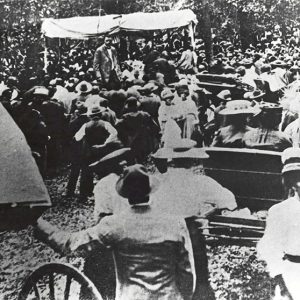 Booker T. Washington
Booker T. Washington
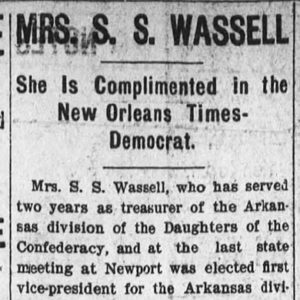 Article about Elizabeth Wassell
Article about Elizabeth Wassell
Wassell, Elizabeth McConaughey (Bettie)
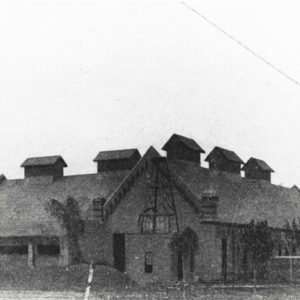 Water and Light Plant
Water and Light Plant
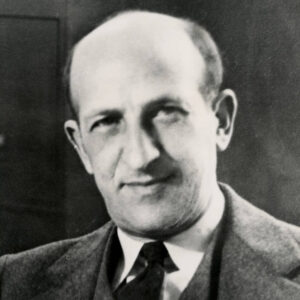 Julian S. Waterman
Julian S. Waterman
Waters House
aka: Dr. Waters House
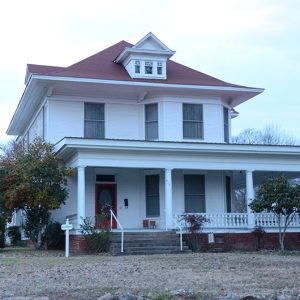 Waters House
Waters House
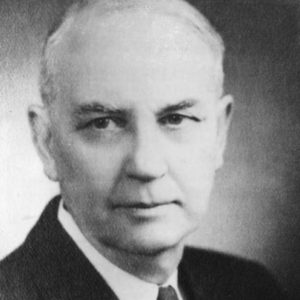 Charles Watkins
Charles Watkins
Watkins, Charles Lee
Watkins, Gertrude
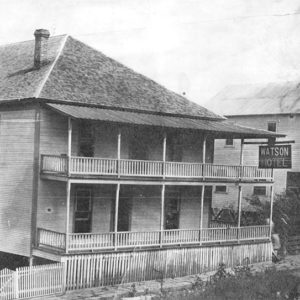 Watson Hotel
Watson Hotel
Watson State Park
Watson, John Brown
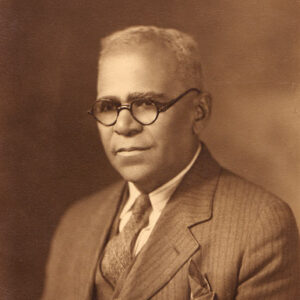 John Brown Watson
John Brown Watson
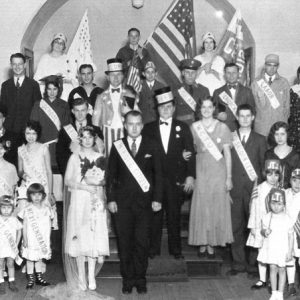 WCTU Banquet
WCTU Banquet
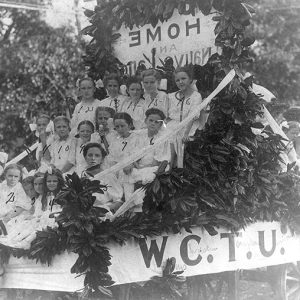 WCTU Float
WCTU Float
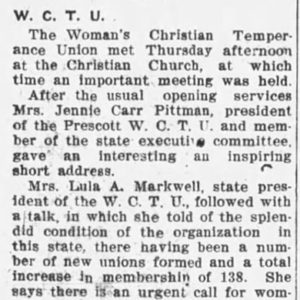 WCTU Meeting
WCTU Meeting
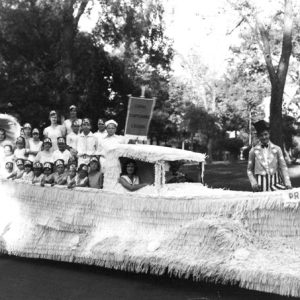 WCTU Parade
WCTU Parade
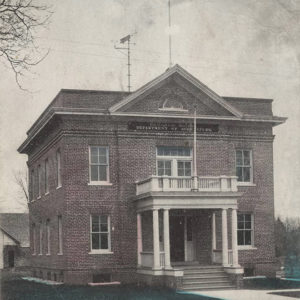 Weather Station
Weather Station
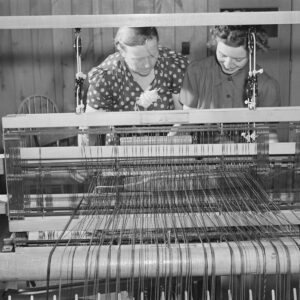 Weaving Instruction
Weaving Instruction
Webb, John Lee
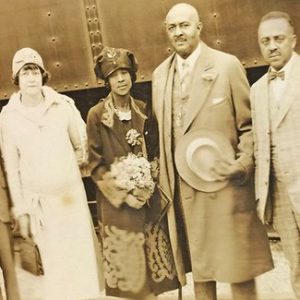 John Lee Webb
John Lee Webb
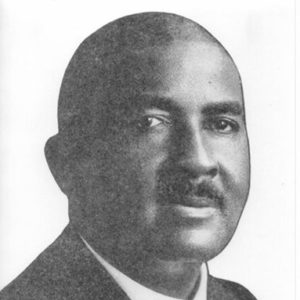 John Lee Webb
John Lee Webb
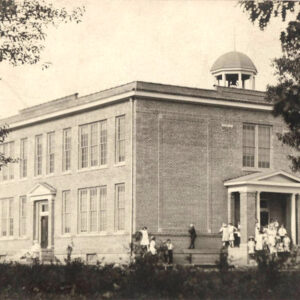 Weiner School
Weiner School
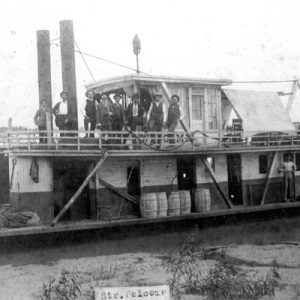 Welcome Steamboat
Welcome Steamboat
Weldon Gin Company Historic District
Weldon, Casey Bill
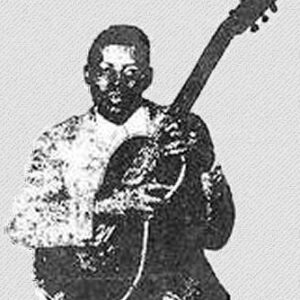 Casey Bill Weldon
Casey Bill Weldon
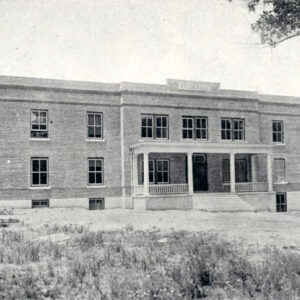 Wells Hall
Wells Hall
Wells, Elias (Lynching of)
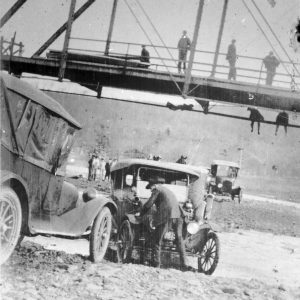 West Fork Bridge
West Fork Bridge
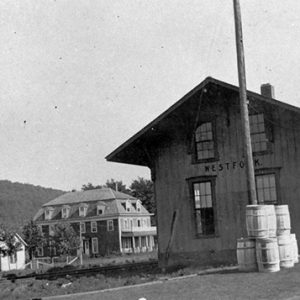 West Fork Depot
West Fork Depot
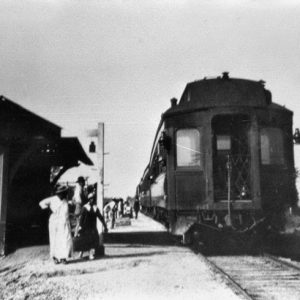 West Memphis Train Station
West Memphis Train Station
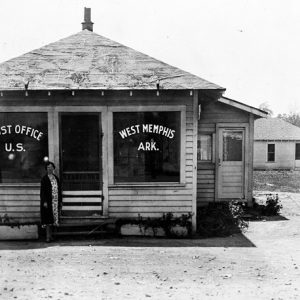 West Memphis Post Office
West Memphis Post Office
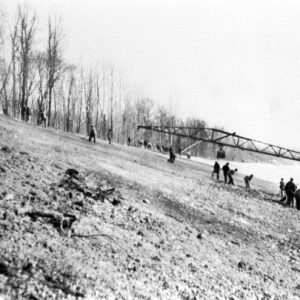 West Memphis
West Memphis
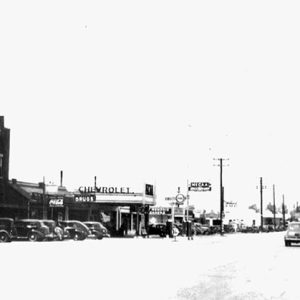 West Memphis, 1930
West Memphis, 1930
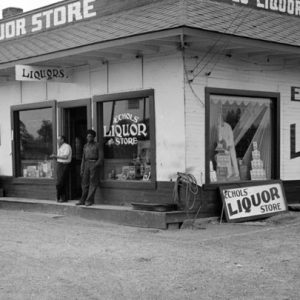 West Memphis; 1935
West Memphis; 1935
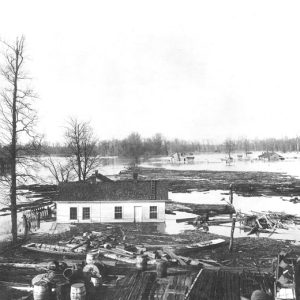 West Memphis Flood
West Memphis Flood
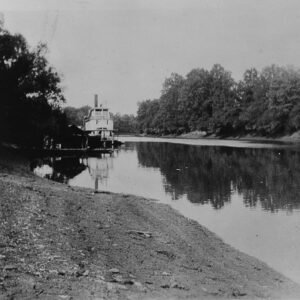 West Point Landing
West Point Landing




